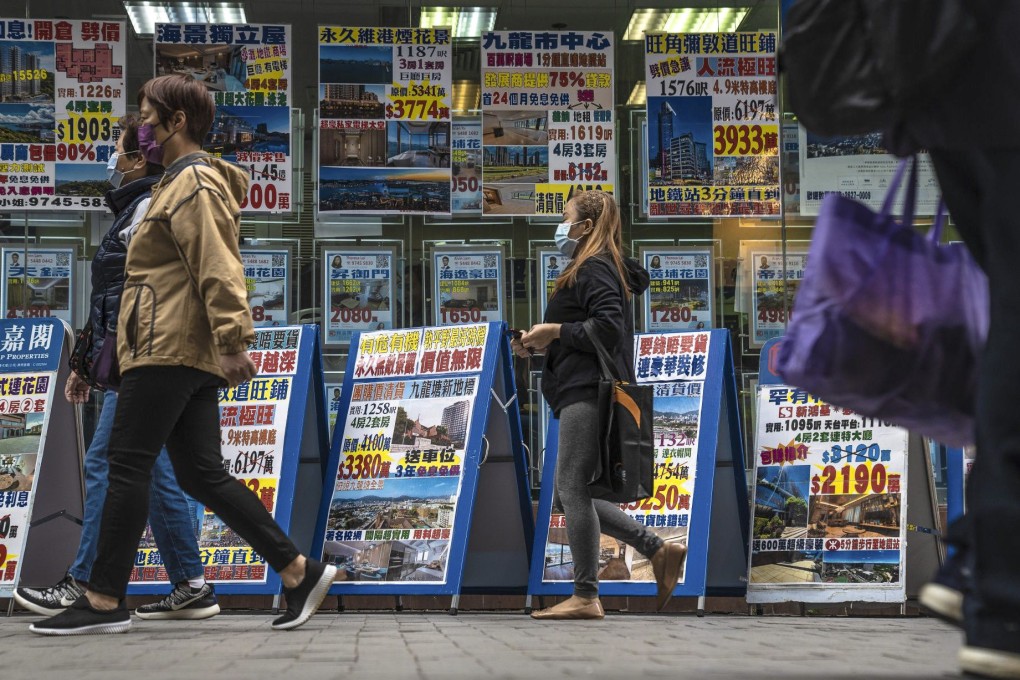Advertisement
The View | Asian property: four themes to watch in 2023 as China reopens
- Link Reit’s purchase of two shopping centres in Singapore highlights themes that will become more pronounced this year
- Asian real estate could be a relative bright spot if China’s abrupt reopening pays off
Reading Time:3 minutes
Why you can trust SCMP

One of the last big deals in Asian commercial real estate in 2022 has brought some of the themes and trends shaping the region’s property industry to the fore. On December 28, Hong Kong-based Link Reit, Asia’s largest real estate investment trust, announced it will make its maiden acquisition in Singapore by purchasing two suburban shopping centres for US$1.6 billion, the largest real estate transaction in the city state last year.
Link Reit is buying Jurong Point, one of the biggest suburban lifestyle malls in Singapore, and Swing By @ Thomson Plaza, part of the Thomson Plaza mall directly connected to a station along the city’s newest metro line, from the property investment arm of local trade union NTUC Enterprise. As part of the agreement, Link Reit will also take over asset and property management duties at AMK Hub, another suburban mall.
In a presentation, Link Reit said its decision to invest in Singapore was based on a number of considerations, notably the city state’s reputation as a stable, transparent and business-friendly market. The resilience and strong performance of the shopping centres were also key factors, as was the opportunity to acquire assets in a country where prime properties are tightly held and are rarely up for sale.
Advertisement
The transaction comes at a critical time for Asia’s commercial real estate industry and draws attention to themes that are likely to become more pronounced this year amid deep uncertainty over the outlook for the global economy, in particular the unexpectedly rapid reopening process in China.
The first theme is comparisons between Hong Kong and Singapore which have proliferated in recent years, partly due to divergent approaches to managing the pandemic. Singapore, which began opening up in 2021, has bolstered its appeal in the eyes of international investors and emerged as one of the best performing property markets in Asia.
Advertisement
The scale of the outperformance is striking. In the office sector – which is under intense pressure the world over mainly due to the pandemic-induced shift to hybrid working – rents for grade A buildings in the city’s core central business district are close to a record high while the vacancy rate stands at a mere 3 per cent due to a persistent lack of supply.
Advertisement
Select Voice
Select Speed
1.00x
